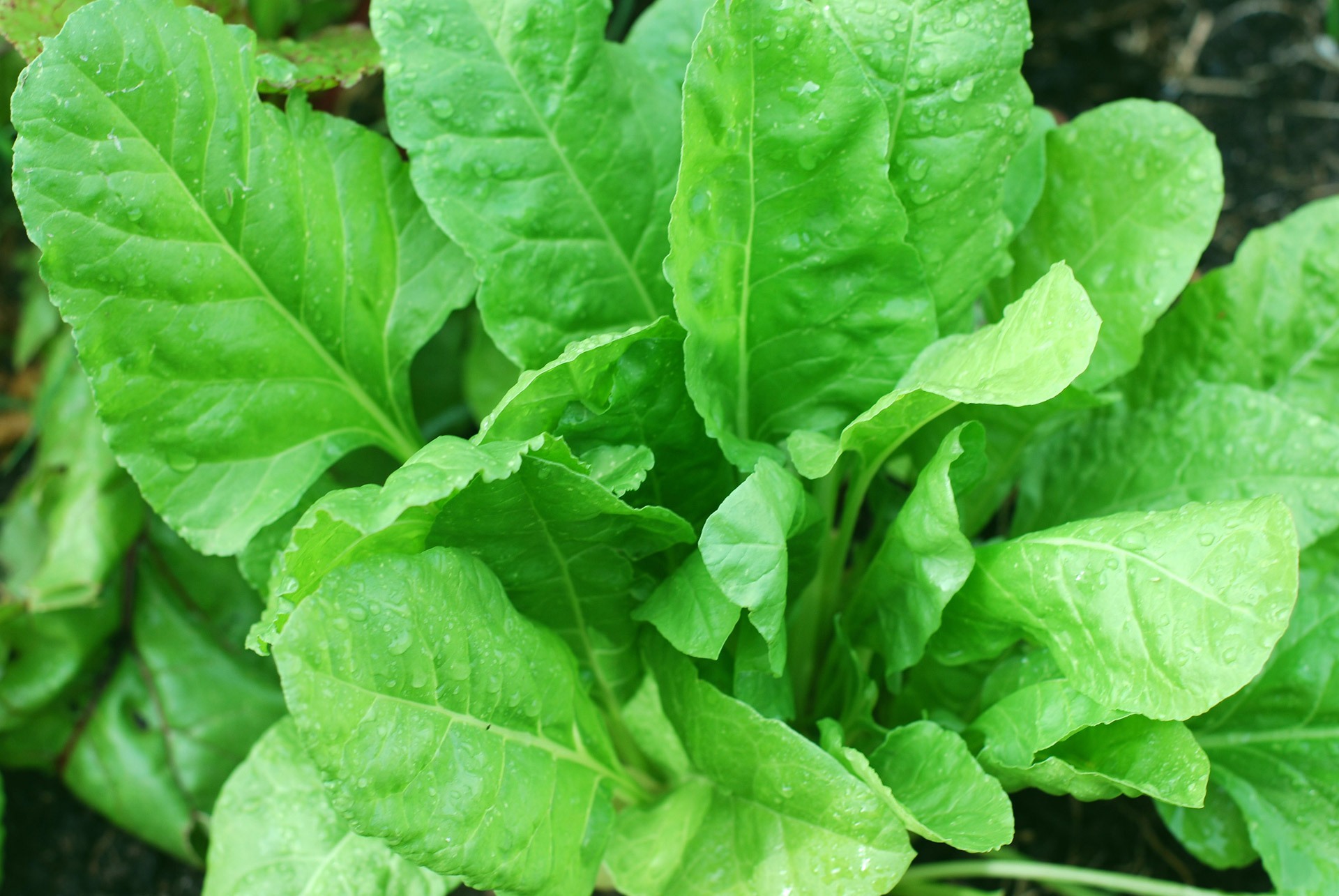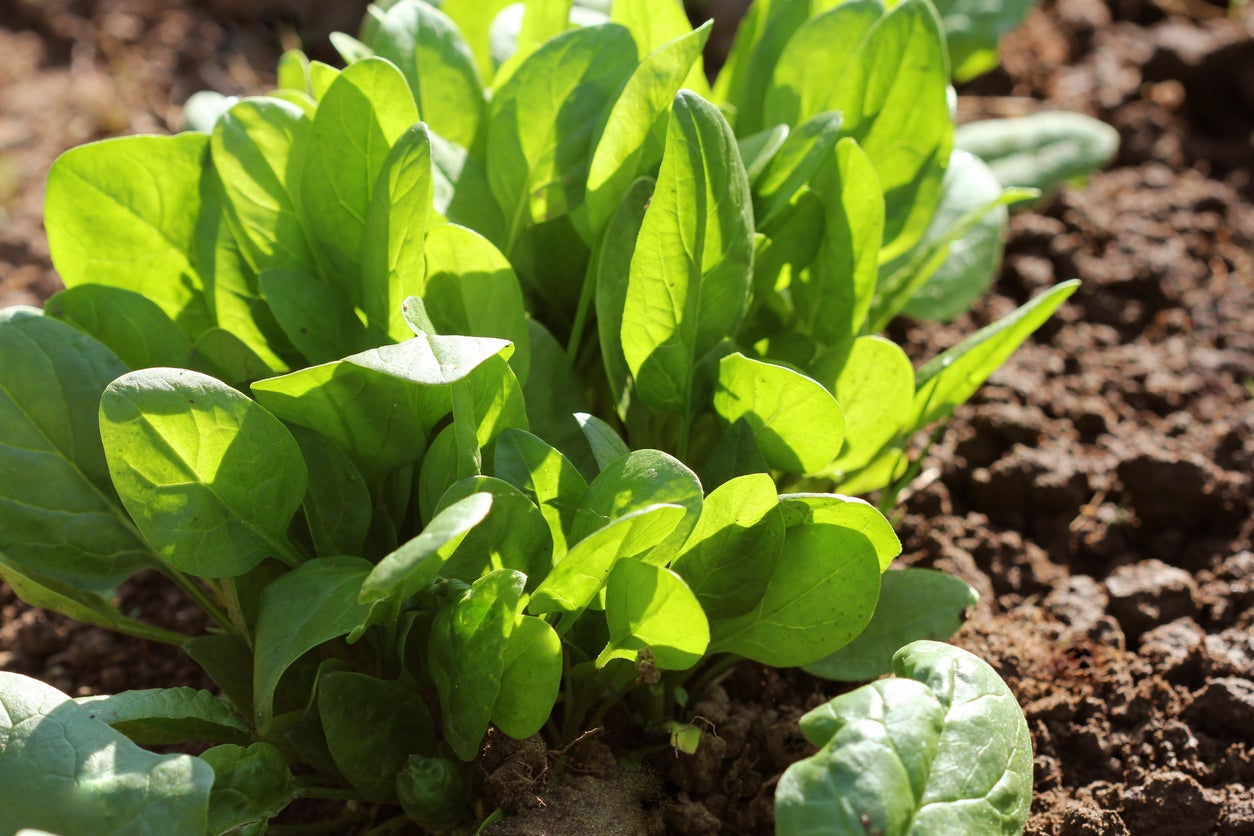Spinach is a nutrient-dense and versatile vegetable, loved by many and enjoyed in various recipes. Did you know there are different types of spinach plants that you can grow in your garden? In this article, we will explore the different varieties of spinach plants, as well as some common problems you may encounter while growing them.
The first type of spinach plant is the savoy spinach. This variety has crinkly and curly leaves, which make it an excellent option for salads or sautéing. Savoy spinach has a slightly sweeter flavor compared to other types of spinach plants, and it is also more tolerant to heat.
Another type of spinach plant is the flat-leafed spinach, also known as the smooth-leafed spinach. This variety has smooth leaves with a slightly savoyed texture. Flat-leafed spinach has a more robust taste and is great for cooking as it can hold up well in dishes such as stews and soups.
Another type of spinach plant is the semi-savoy spinach, which is a hybrid variety that has both flat and savoyed leaves. Semi-savoy spinach is an excellent option for those who want a balance between taste and texture.
Now that you know about the different types of spinach plants let us delve into some common growing problems spinach plants encounter.
One of the common problems that may arise when growing spinach plants is bolting. Bolting refers to the process of the spinach plant going to seed prematurely. This happens when the temperature rises too quickly, or the daylight hours increase, causing the plant to produce a seed instead of leaves. To prevent bolting, you should ensure that your spinach plants are well-watered, especially during dry spells, and plant them in an area where they will receive at least six hours of sunlight.
Another problem that spinach plants face is disease, particularly fungal infections. Common fungal infections in spinach plants include downy mildew and fusarium wilt. Downy mildew causes leaves to turn yellow and stippled while fusarium wilt causes the leaves to wilt and turn grayish-green. To prevent fungal infections, avoid overcrowding your spinach plants and ensure they have adequate ventilation. Also, ensure that you water the plants in the morning to allow them to dry during the day.
To conclude, spinach plants are a great addition to any garden or dietary plan, and knowing the different varieties, and problems that may arise when growing them is essential. By implementing the tips shared, you can grow spinach plants successfully and enjoy their delicious taste in a variety of dishes. Happy gardening!
If you are looking for How Much Space Does A Spinach Plant Need? (With Examples) you’ve visit to the right web. We have 8 Pictures about How Much Space Does A Spinach Plant Need? (With Examples) like Leafy Spinach and its health benefits, How To Plant Spinach – Learn About Growing Spinach In The Garden and also Leafy Spinach and its health benefits. Here you go:
How Much Space Does A Spinach Plant Need? (With Examples)

www.plantgardener.com
spacing
Wintergreens: Plant Profile: Spinach
wintergreensatunh.blogspot.com
spinach plant profile
Leafy Spinach And Its Health Benefits

www.theayurveda.org
leafy
How To Grow Spinach

www.thehomesteadgarden.com
spinach plant grow growing whole
Spinach Growing Problems Answered

harvesttotable.com
harvesttotable
Spinach Plant Types – Learn About Different Kinds Of Spinach Plants

www.gardeningknowhow.com
shoots gardeners gardeningknowhow freezing
Krazo Acres: The Spinach I Didn't Plant
krazoacres.blogspot.com
spinaci gmo bloomsdale acres krazo purty ortaggi grano
How To Plant Spinach – Learn About Growing Spinach In The Garden

www.gardeningknowhow.com
espinaca spinaci namibia follaje fortifica montagna alloro juliedeshaies gardeningknowhow bigportal ilgiardino
How to plant spinach – learn about growing spinach in the garden. Wintergreens: plant profile: spinach. Spinach growing problems answered
 markanthonystudios.net Mark Anthony Studios Site
markanthonystudios.net Mark Anthony Studios Site


